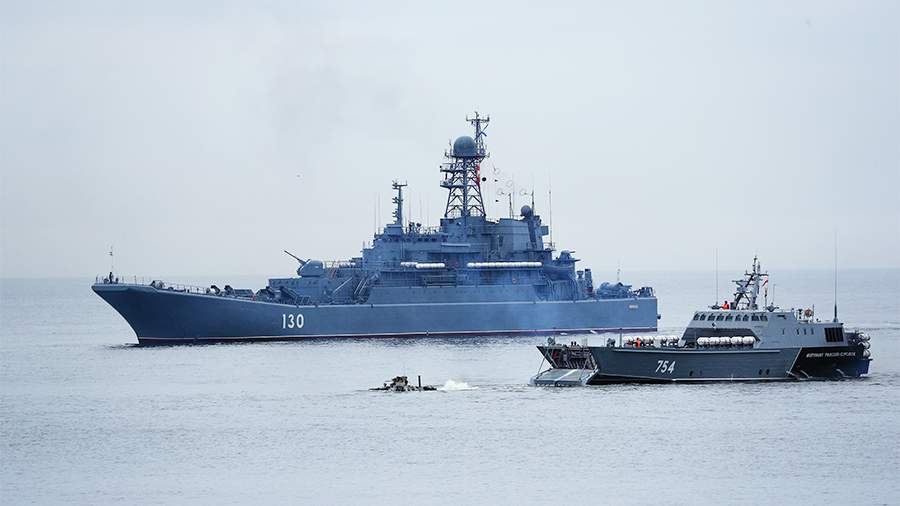Expert calls NATO's plans to block Russia's Baltic Fleet a cause for conflict

Attempts by NATO countries to block the Russian Navy in the Baltic Sea will be a pretext for war, for which the North Atlantic Alliance, unlike Russia, is not ready. This was stated by military expert Alexei Leonkov in a conversation with Izvestia on January 20.
Earlier, on January 18, The Telegraph newspaper reported that NATO members intend to block the exit of Russian warships from the Baltic Sea to the North Sea and the Atlantic Ocean. Thus, Sweden in late December signed a contract for the supply of anti-ship missiles RBS 15 Mark 3 for $72 million. The range of such weapons is about 193 kilometers. Estonia and Latvia have also purchased anti-ship missiles.
According to Leonkov, the purchase of weapons, sending ships to the Baltic Sea for patrolling in a different environment could sound like a regular use of the fleet of the NATO bloc. However, now, he noted, the situation in this water area is different.
"It is clear that Russia and especially the Baltic Fleet are monitoring this situation, taking it seriously, because provocations, unfortunately, happen, and no one is immune from them. But I repeat: an attempt to block our fleet with cruise missiles or anything else is a direct way to escalation, which ends in a military conflict, for which the NATO bloc, unlike Russia, is not ready," the interlocutor emphasized.
He added that NATO countries have no right to block the exit of Russian ships in accordance with the UN Convention on the Law of the Sea. The expert specified that, for example, Denmark can close its straits only in case of war. Hence, in such a case it would mean war, Leonkov summarized.
"If the inspection of civilian ships is carried out in a chaotic manner, without any regulation, without any restrictions in force for this, stipulated by international law - this is a reason for war. If the Kaliningrad region is blocked from the sea or the Gulf of Finland - this is a reason for war," he concluded.
Earlier, on January 18, the media reported that NATO warships started patrolling the Baltic Sea as part of the Baltic Sentry operation. According to journalists, the patrolling of the water area involves a sonar vessel, which is able to study the structure of the bottom.
Before that, on January 14, NATO Secretary General Mark Rutte announced the Baltic Sentry mission. He noted that it would involve a number of assets, including frigates and maritime patrol aircraft. According to him, this will contribute to increased vigilance in the Baltic Sea.
In addition, the Finnish broadcaster Yle reported on January 7 that NATO is going to send a fleet to the Baltic Sea to protect important underwater installations. According to him, it will consist of about 10 ships, and the operation itself will last until April. At the same time, it was specified that the forces of the Finnish and Estonian fleets would still be involved in the protection of the Gulf of Finland.
Переведено сервисом «Яндекс Переводчик»

